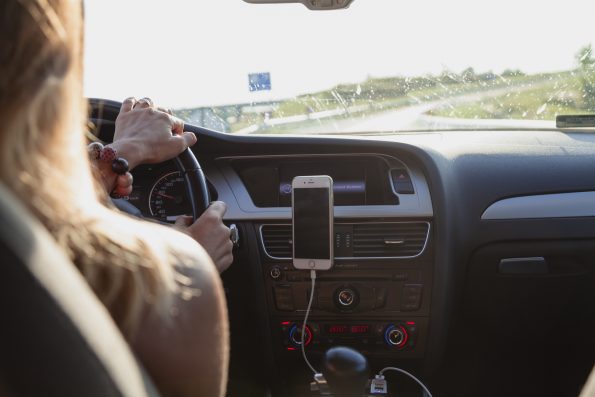We are heading into the time of the year where families are traveling to visit loved ones for holidays. Maybe you have been making these trips since you were a child. They say familiarity breeds contempt; you could say familiarity breeds complacency. You likely let your guard down a bit when traveling the roads you’ve traveled many times before. This post is just to remind you of some things you can do to ensure you and your family will arrive to your destination safely.
1) Buckle up
This seems like a no-brainer; but there are people who neglect this single most important thing you can do when you’re taking a road trip. For most of us; putting on our seat belts is second nature. If you’re one of those people who’ve learned to ignore the seatbelt warning most cars are equipped with; check out these statistics. According to the National Highway Traffic Safety Administration, from 1975 through 2017, seat belts have saved an estimated 374,276 lives. In 2020, over half of passenger vehicle occupants who died in crashes were unrestrained.
Wearing a seatbelt is the best way to remain safe in the event of an accident.
2) Put down the phone
Distracted driving is one of the leading causes of accidents on the road. If you’re looking at your phone, you’re not paying attention to the road. Even a quick glance at an incoming text message is enough time to miss another car stopping short. If you’re using your phone for the GPS; use a phone holder that is mounted at a height that allows you to see it as well as the road. Most states have laws against using your phone while operating a vehicle. Save yourself the cost of a ticket and more importantly save yours or someone else’s life by putting down your phone until you reach your destination.
3) In case of breakdown
If your car breaks down, pull over to the side of the road and turn on your hazard lights. If possible, move the vehicle off of the road completely. Once you’re in a safe location, you can assess the situation and call for help if needed. If you have a flat tire and are not comfortable changing it yourself; call for roadside assistance or towing service. If you’re on the highway, try to make it to the first off ramp to ensure you’ll be far from oncoming traffic.
Keeping an emergency kit in your car is a great idea. Road flares can alert oncoming traffic to move away from where you’re stopped. In the winter, be sure you have warm blankets and fresh water in your trunk when you’re going to be on a road trip. Keep a flashlight handy as well for any unlit areas you may find yourself in.
4) Bad weather driving
Depending in your experience level; driving in snowy or icy conditions is not the best idea. If you must drive in these conditions, take it slow and steady. Be aware of “black ice” where the road may be mostly clear but has patches of ice that can sent your spinning. If you start to slide, take your foot off the gas pedal and steer in the direction of the skid. Do not brake suddenly, as this could cause you to lose control of your vehicle.
If torrential rain is coming down, pull over until the conditions improve. Your visibility will be hindered no matter how fast your windshield wipers are. Watch for flooded areas. Water only needs to be a few inches over the road to wash your car away.
5) Adequate insurance
Protect your pocketbook by being sure you are adequately covered by your auto insurance. If your car is financed your lender likely requires full coverage insurance that covers your vehicle as well as any at fault accidents you may have. Liability insurance only covers the cost of repairs of the person you hit. You’ll be on the hook for any damage to your own vehicle. Do the math. If your car isn’t worth the cost of the insurance premium, liability is fine; as long as you own a free title to your vehicle.
Talk to your insurance agent about the coverage that is most appropriate for your vehicle.
6) Maintain your vehicle
Finally, before you set out on any trip (or really all of the time); keep your vehicle in good working order. This includes timely oil changes, rotating your tires, changing filters, and keeping your water levels right. In addition; anytime you set out on a road trip be sure you’ve checked the following:
- Tire pressure
- Fluids
- Lights and blinkers
- Windshield wipers
- Emergency kit including flares, first aid kit, water, and snacks.
- Cell phone charger
Enjoy the upcoming travel season safely.

